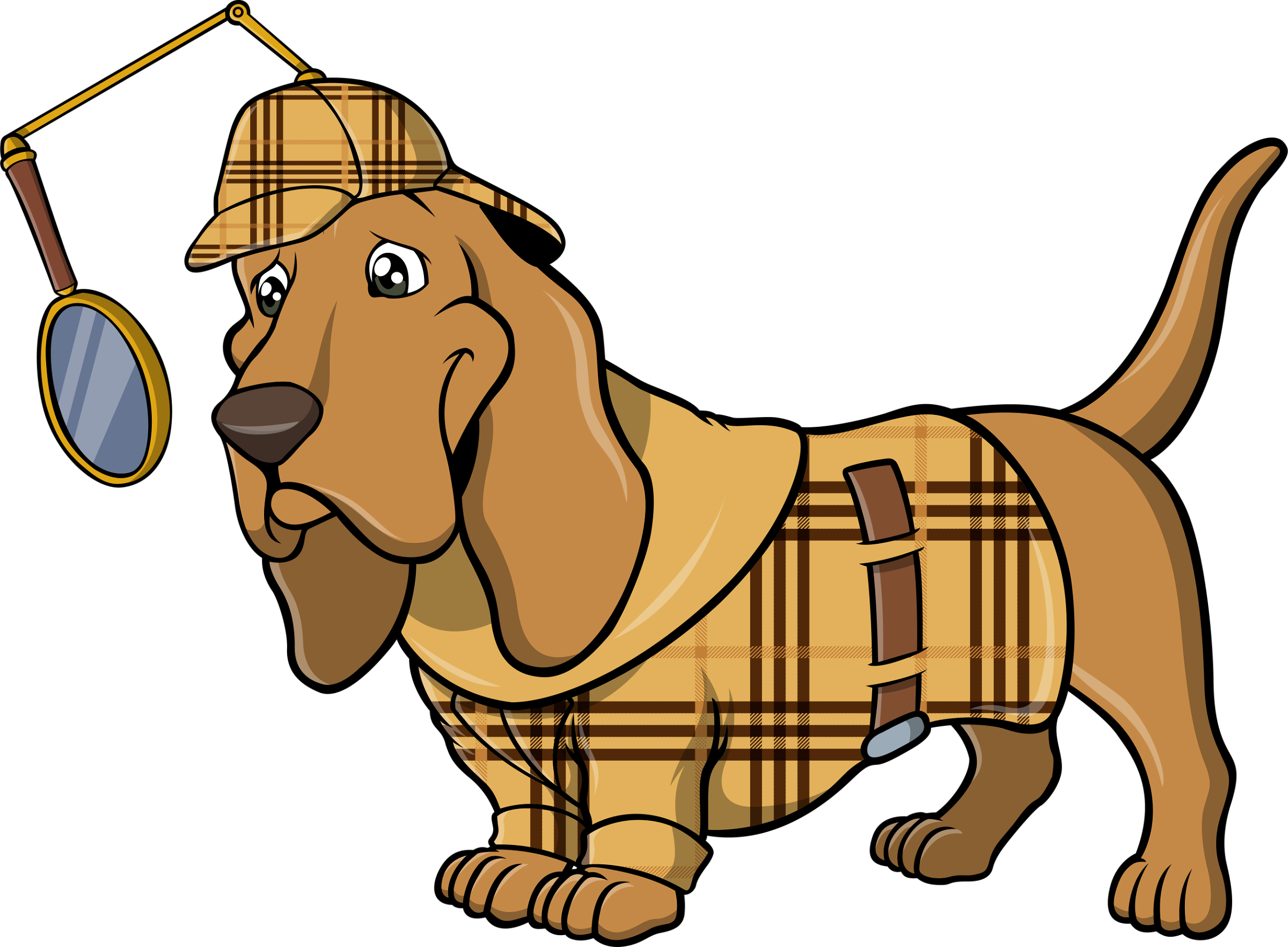
Papillon
Papillon Puppies Dog Breed Information
The Papillon, often called a Pap, has its origins in Europe centuries ago. Bred as noble companions, they were valued for their small size, elegant appearance, and charming personality. While closely tied to the French, early breeding centers in Italy and Spain played a role in refining and popularizing the breed. The Papillon was officially recognized by the AKC in 1915 and is categorized as a member of the Toy Group.
Papillons are small, alert dogs known for their resilient constitution, cheerful disposition, and friendly nature. Their distinctive oversized bat-like ears and playful personality add to their charm. They are loving and affectionate, possessing a natural charisma that endears them to people. Papillons generally get along well with children, other dogs, and pets. However, their tiny size, especially as puppies, makes them susceptible to injury, so they are better suited for families with older children. Supervised play is recommended to prevent accidents. While they bark to alert their owners, they typically do not bark excessively unless trained to do so.
The Papillon is a highly adaptable dog breed suitable for various living environments, from apartments to larger homes. They adjust well to different climates but are sensitive to extreme temperatures. Papillons enjoy moderate exercise and have a natural inclination to chase small creatures, necessitating secure fencing when off-leash. As true companion breeds, they thrive on human attention and affection, preferring not to be left alone for extended periods.
While generally healthy and hardy, Papillons, being small dogs, are susceptible to specific health concerns common among tiny breeds. These include heart problems, eye issues, and dental disease. Additionally, Papillons may experience patellar luxation and a soft spot in the skull known as a fontanel. Responsible breeders prioritize screening for these conditions to prevent their transmission. Prospective owners should inquire about the parents’ health history and request relevant health clearances or test results from the breeder.
The Papillon, known for its intelligence and desire to please, is highly trainable. Unlike many toy breeds, Papillons often have an easier time with housetraining. Employing house training techniques can assist in their success. Positive reinforcement methods, focusing on praise and rewards, work best with Papillons. Early socialization and training are vital for all dog breeds, including Papillons. Avoiding overpampering or indulging your pup excessively helps prevent undesirable behaviors and ensures responsiveness from your Papillon.
Papillons require less grooming compared to other long-haired breeds, shedding moderately year-round. Monthly professional grooming or home sessions, along with weekly brushing and periodic baths, suffice, focusing on areas prone to matting.
Attend your Papillon’s nails, ears, and teeth regularly. Monthly nail trimming and dewclaw attention prevent discomfort. Weekly ear checks and gentle cleaning prevent infections, while daily dental care reduces tartar and plaque buildup.
Regular vet checkups complement your efforts, ensuring your Papillon’s overall health and well-being.
Despite being classified as a toy breed, Papillons exhibit remarkable athleticism and maintain a moderate activity level. With sporting spaniels in their lineage, they excel in agility trials, obedience, and various activities. While they enjoy daily walks and playtime with their owners, Papillons are often enthusiastic about engaging in additional activities and challenges.
A mature Papillon typically stands at a shoulder height of 8-11 inches and weighs between 5-10 pounds.
A Papillon typically enjoys a lifespan of 14-16 years.

